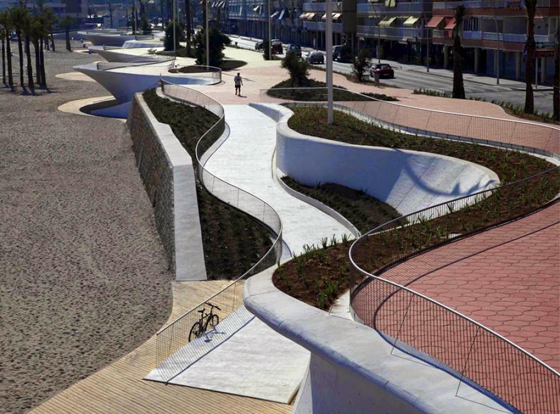Cement consumption in Catalonia closed 2017 with an increase of 17% compared to the previous year, reaching 1.86 million tons. This is the fourth consecutive annual increase, which happens after 7 years of previous falls (2008 to 2014), where the use of the product in Catalan territory fell from 8.06 million tons to 1.46 million, a decrease of almost 82%.
The comeback, therefore, although significant in percentage, is very scarce in absolute values, since it is 77% below the maximum of the year 2007. The data of the last exercise are still provisional, since they have been inferred from the Barometer of the Cement prepared by the Department of Studies of the Spanish employer association Oficemen.
Among the causes that explain the scant recovery of the cement market in Catalonia stands out “the strong reduction in investment in public works”, according to the analysis of Salvador Fernández Capo, president of Ciment Català, especially that from the state government. Only the private investment, mainly thanks to the comeback that the construction of houses undergoes, has allowed to counteract the 218 million euros invested by the central administration.
In 2017, the total public tender (State, Generalitat and local administrations) stood at 1,690 million euros, “a figure very far from the 3,750 million of the average of the last 20 years, and of the 5,000 that considers that the country needs to have infrastructures that ensure the welfare of its citizens and the competitiveness of its economy” says Salvador Fernández.
Among the most significant data that can be extracted from the Barometer is the sharp drop in exports, which in the estimate of the end of the year left 18% compared to the previous year. This export activity, crucial for the Catalan factories (since more than half of clinker and cement production goes to foreign markets) has been ballasted during 2017 due to the high price of electricity for the industrial sector. “The industry currently bears some of the highest costs in Europe – up to 30% more expensive -, a fact that penalizes its external competitiveness”, concludes the president of Ciment Català.

